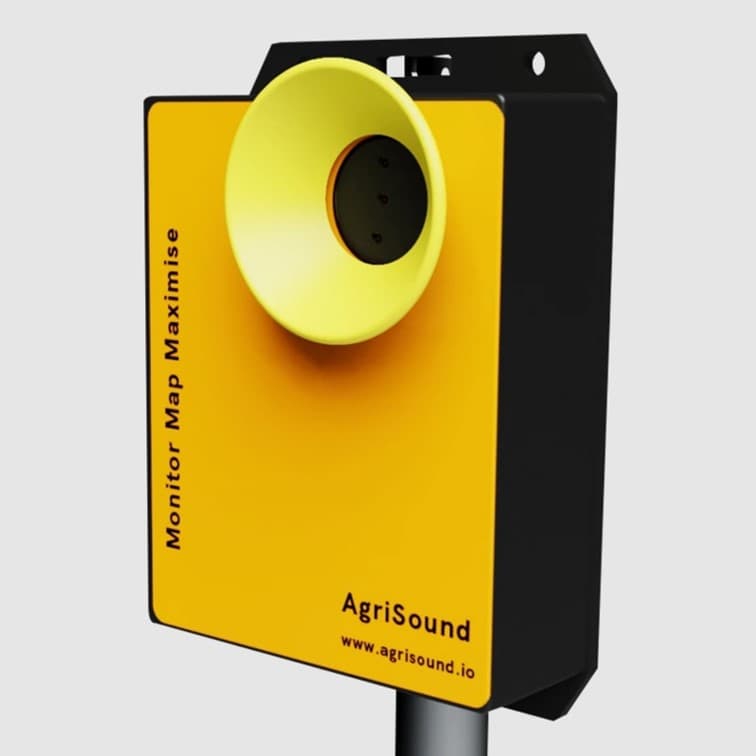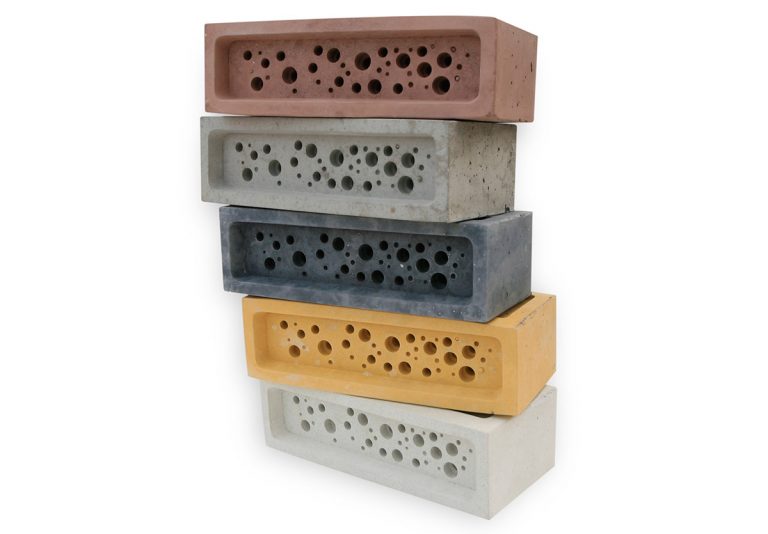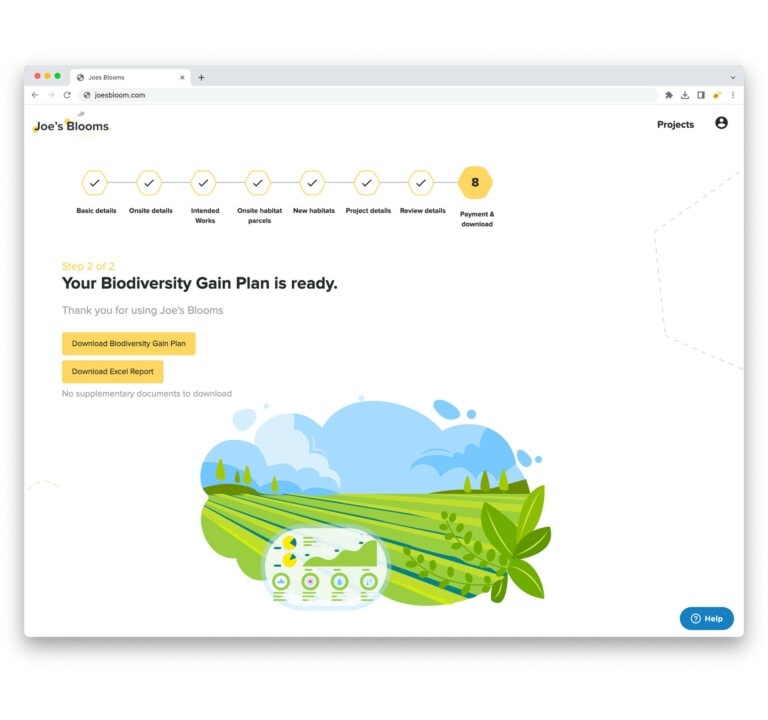Acoustic Sensors for Pollinators

Problem Addressed
Encouraging healthy pollinator communities is challenging but crucial for our planet and food production.
Currently, many fruit producers will rely on purchasing bumblebee boxes or partnering with local beekeepers to introduce beehives to improve pollination. Whilst this meets the short-term pollination needs for food production, in the longer-term this causes less food available for native pollinators, causing widespread biodiversity decline and over-reliance on managed species. Collecting pollinator data can help make the right decisions to protect biodiversity.
Case Study
AgriSound has teamed up with M&S Select Farms to provide in-field noise sensor technology to help farmers track pollinators to maintain quality of produce and improve crop yields and support biodiversity. Following two successful trials with M&S, AgriSound’s Polly™ devices have been rolled out across an additional 18 sites across the UK. These specialist listening devices will cover 8% of M&S British growers, with monitors covering 120 habitats and over 1000 hectares.
More information about this initiative can be found at the link below.
Facts and Figures
This page presents data, evidence, and solutions that are provided by our partners and members and should therefore not be attributed to UKGBC. While we showcase these solutions for inspiration, to build consensus, and create momentum for climate action, UKGBC does not offer commercial endorsement of individual solutions. If you would like to quote something from this page, or more information, please contact our Communications team at media@ukgbc.org.
Related
Bricks providing nesting site for solitary bees

DNA analysis for biodiversity insights

Biodiversity Net Gain Tool

Planters enhancing biodiversity

